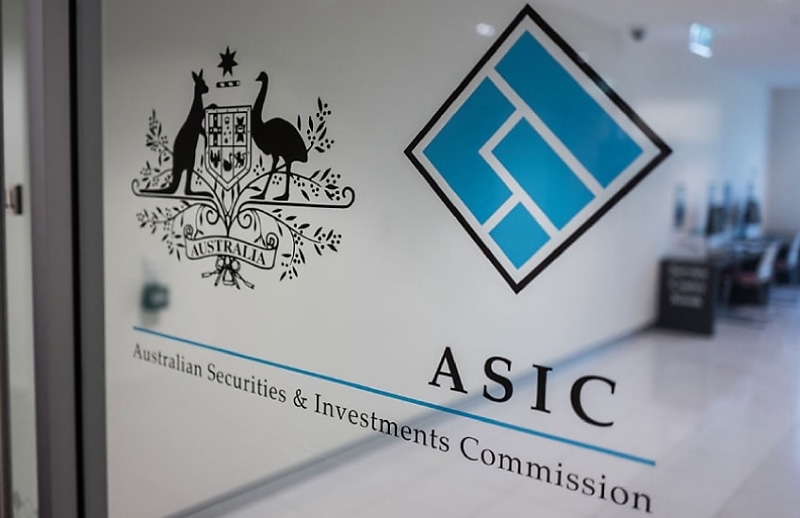The Federal Court has imposed a $7.2 million penalty on Dixon Advisory and Superannuation Services Limited after six representatives failed to act in their clients’ best interests or provide appropriate advice.
The court found that on 53 occasions between October 2015 and May 2019, Dixon Advisory was the responsible licensee of six representatives who did not act in the best interests of eight clients when they advised those clients to acquire, roll-over or retain interests in the US Masters Residential Property Fund (URF) and URF-related products.
You’re out of free articles for this month
The six representatives of Dixon Advisory provided personal advice to eight retail clients in their capacity as trustees and members of SMSFs, said ASIC in a release on the judgement.
The provision of this advice engaged the “best interest obligations” under Part 7.7A, Division 2 of the Act.
The risks associated with the URF financial products were set out by the parties involved in a statement of agreed facts. They included the fact that the URF notes were unsecured, the potential for the interest on the notes not to be paid or the face value not to be repaid, risks inherent in the nature of the business undertaken (acquiring properties, carrying out property renovations, leasing and selling properties) and the market for the URF notes being highly illiquid, according to the judgement.
The parties also provided breakdowns of the various clients’ SMSF portfolios both before and after the recommendations. The breakdown of the portfolios show that in some instances the client’s SMSF portfolio consisted of a quarter to a third of URF financial products.
The court found Dixon Advisory representatives did not conduct a reasonable investigation of the clients’ circumstances before providing the advice. In some cases, this inappropriate advice resulted in a client’s SMSF being insufficiently diversified and exposed to risk of capital loss, ASIC said.
In handing down judgement, Justice McEvoy remarked that there is “no evidence that the (Dixon Advisory) representatives conducted the necessary reasonable investigations into the recommended financial products or any alternative financial products, nor is there evidence that they considered the personal circumstances of the clients”.
Justice McEvoy said that based on the circumstances and the inherent risks in the URF products, he was satisfied that these recommendations were in breach of Dixon Advisory’s best interest obligations under Part 7.7A, Division 2 of the Act.
“The representatives did not act in the best interests of the clients in relation to the advice on 28 occasions (contravening s 961B(1) of the Act), and had this duty been satisfied, they would not have concluded that the advice was appropriate to the clients on 25 occasions (contravening s 961G of the Act),” Justice McEvoy said.
The court also ordered that if Dixon Advisory, currently in voluntary administration, resumed providing financial services, Dixon Advisory had to have in place appropriate systems, policies and procedures to ensure its representatives acted in the best interests of clients.
Dixon Advisory was also ordered to pay ASIC’s legal costs of $800,000.
The company was placed into voluntary administration earlier this year, with parent company E&P Financial Group stating that Dixon Advisory would likely become insolvent at some future time due to “mounting actual and potential liabilities”.
ASIC previously urged former clients that believed they had suffered a loss as a result of the misconduct of Dixon Advisory or their former Dixon Advisory financial adviser to make a complaint to the Australian Financial Complaints Authority (AFCA).
“Lodging a complaint with AFCA is a necessary step for clients to preserve their possible eligibility under a potential future CSLR,” ASIC stated.

 Login
Login






